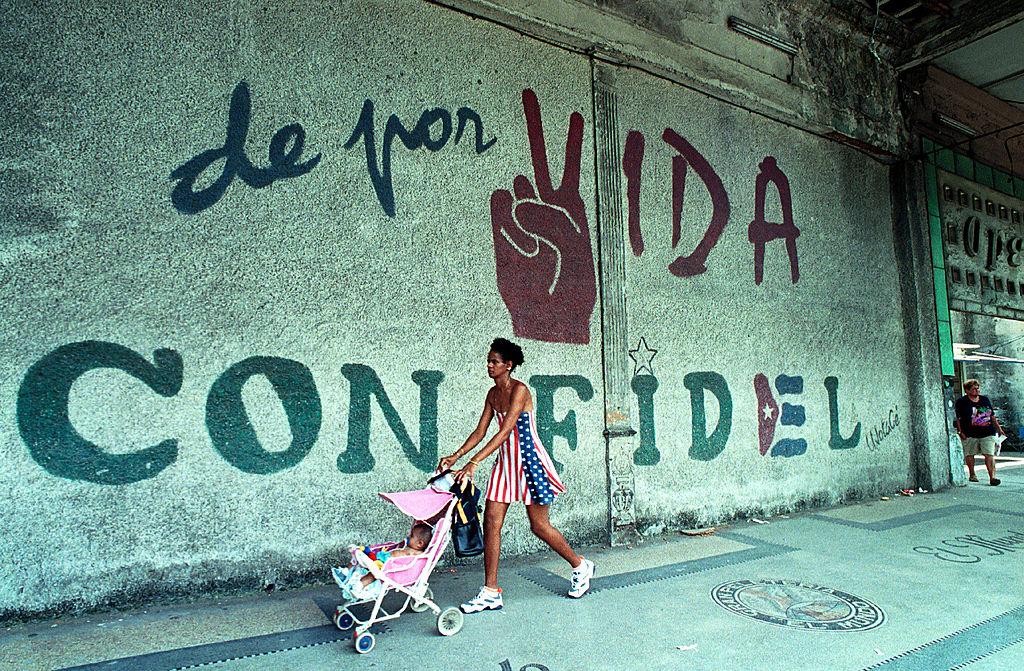WASHINGTON—It is easy to forget that despite the fall of communism in the Soviet Union in 1989 and its satellite states in eastern Europe, communist totalitarianism still holds sway in China, Laos, Vietnam, North Korea, and Cuba. To remind us of this fact and the over 100 million victims of communism, every June the Victims of Communism Memorial Foundation hosts a wreath laying ceremony to remember and commemorate the victims.
The Victims of Communism (VOC) Memorial Foundation is a Washington-based, non-profit educational and human rights organization. The Foundation takes the position that the “full extent of communism’s inhumanity to man is only dimly understood.” One of its main missions is to educate the public about communism and the enormous number of people who have been killed.
On June 10, Dr. Lee Edwards, who is chairman of the Foundation, presided over the ceremony, at which Professor Paul Goble, advisor, researcher, writer and specialist on ethnic and religious questions in Eurasia, received the Truman-Reagan Medal of Freedom. The latter is awarded to individuals who have made a life commitment to opposing communism and tyranny.





